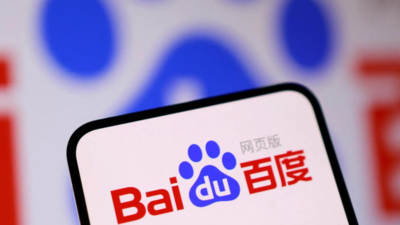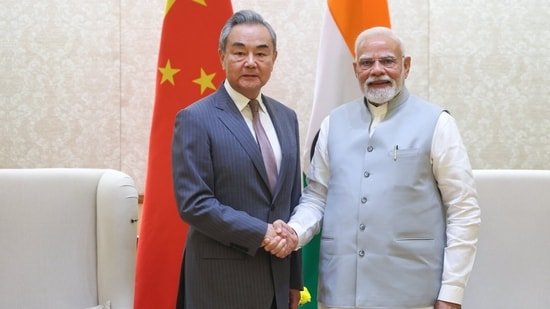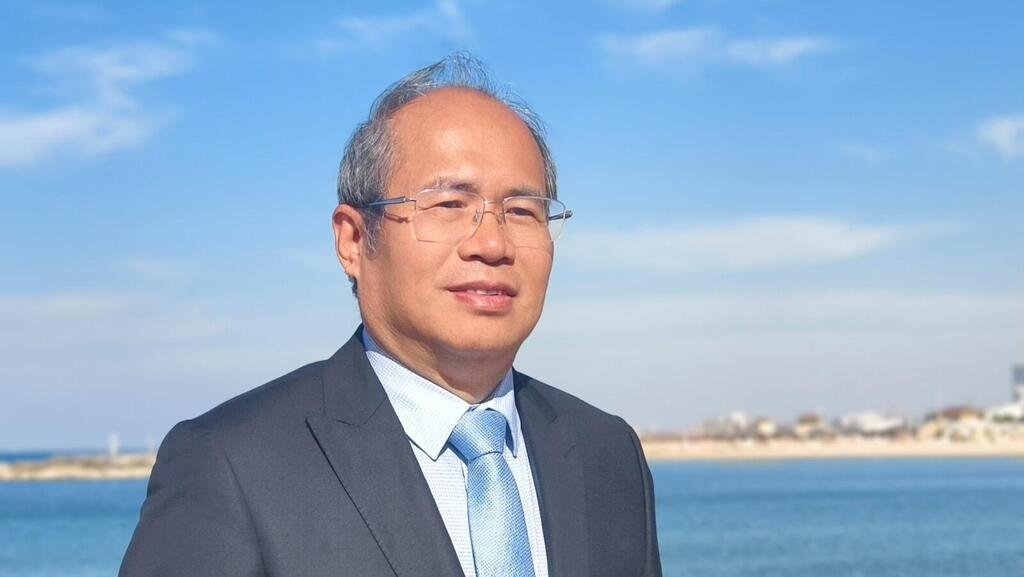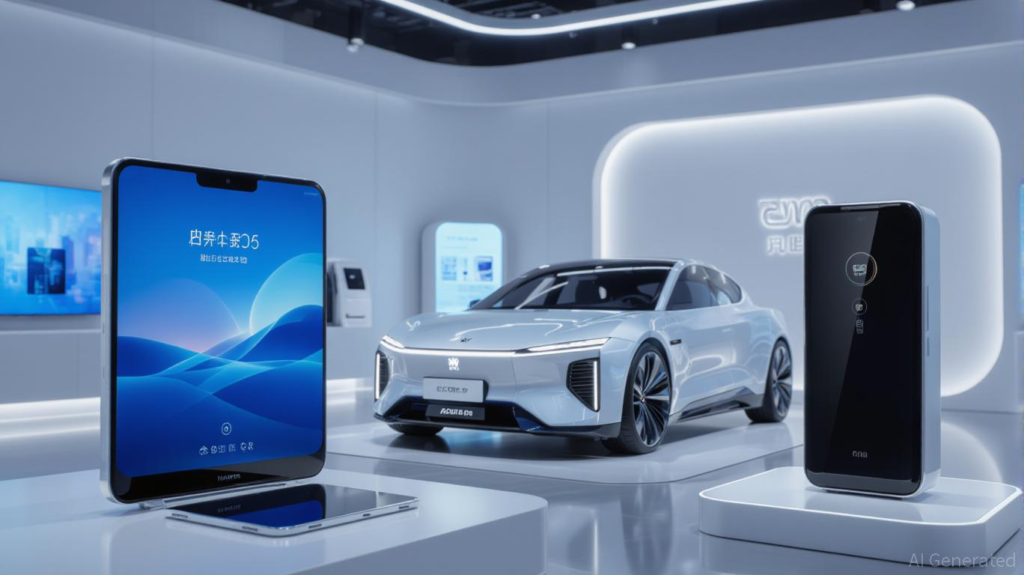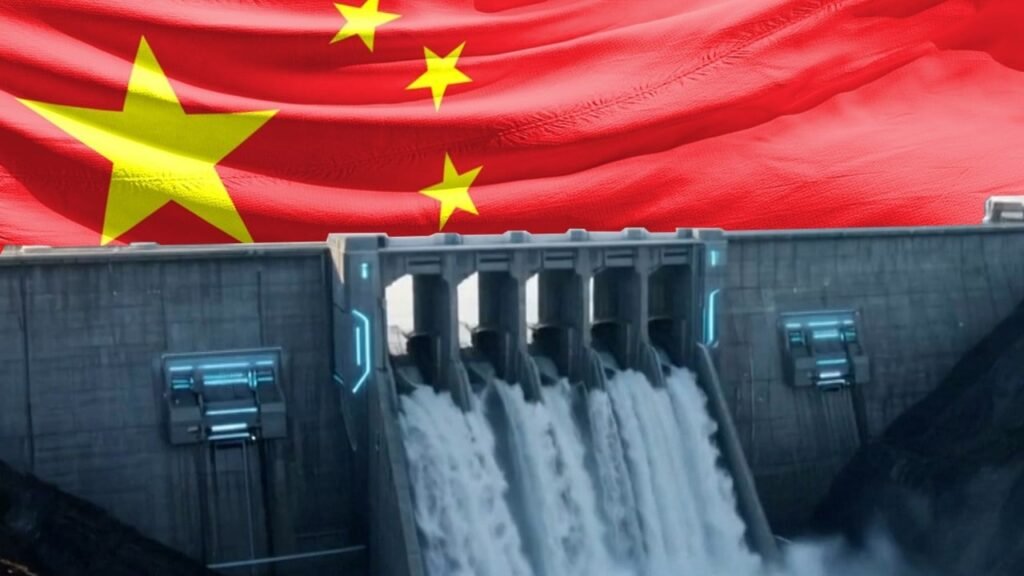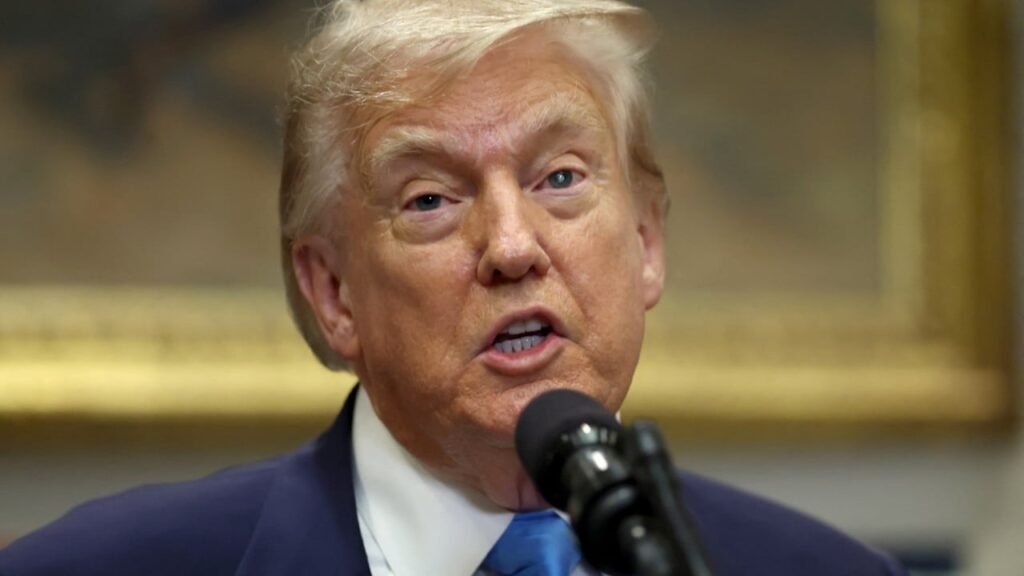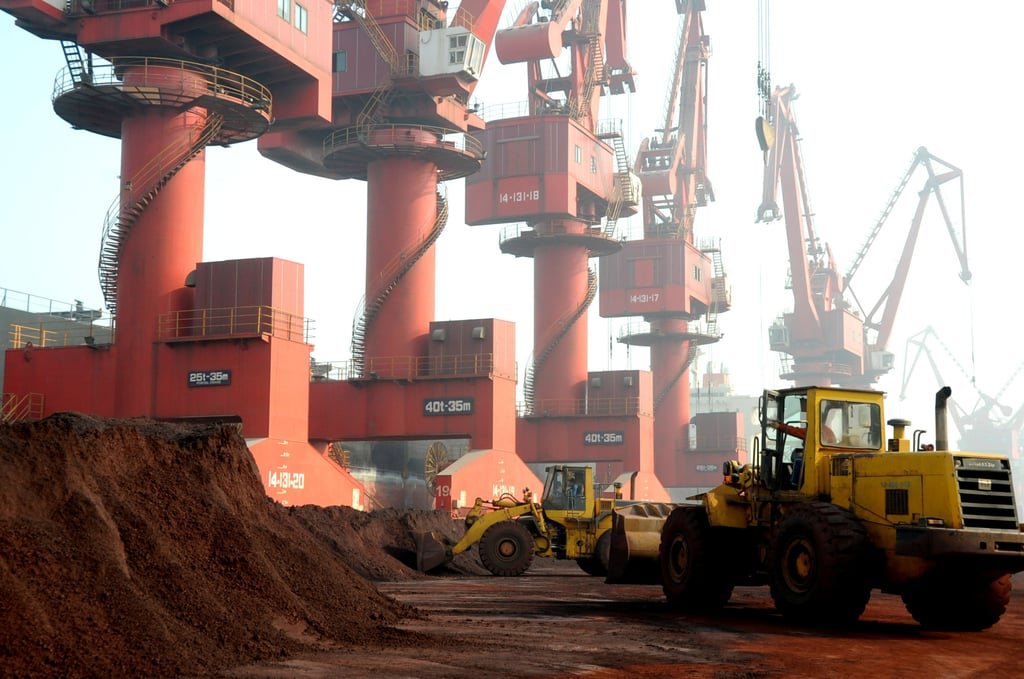India and China are slowly rebuilding ties with US President Donald Trump’s tariff policies playing a role in bringing the nuclear-armed rivals closer on some issues, experts say.
Direct flights between the neighbouring nations are set to resume for the first time in five years, while Indian Prime Minister Narendra Modi is to meet China’s President Xi Jinping later this month on Chinese soil for the first time since 2018.
The announcements were made after Chinese Foreign Minister Wang Yi met with Mr Modi and senior Indian defence officials this week in New Delhi.
Ties between the world’s most populous countries plummeted in 2020 after a deadly border clash killed at least 20 Indian troops and an unknown number of Chinese soldiers in Ladakh, a disputed border area between the two countries in the Himalayas.
Chinese state media reported that the two sides agreed to “explore the possibility of advancing boundary demarcation negotiations” and vowed to reopen three border trade markets.
Loading…
Beijing and New Delhi also agreed to issue tourist visas again and boost trade ties, and to meet again in 2026.
“Stable, predictable, constructive ties between India and China will contribute significantly to regional as well as global peace and prosperity,” Indian Prime Minister Narendra Modi posted on X after meeting Mr Wang.
Mr Modi is scheduled to travel to China at the end of August for the Shanghai Cooperation Organisation summit, which will be his first visit to the country in more than seven years.
Xi Jinping, Vladimir Putin and Narendra Modi are set to be at the same summit later this month. (Reuters: Sputnik/Alexander Kazakov/Pool/File)
Trump’s impact on India-China relations
The latest thawing of relations comes after Mr Trump threatened India with 50 per cent tariffs for importing Russian oil, and the ongoing negotiations with Beijing over levies on a vast range of goods.
Director of the SOAS University of London’s China Institute, Professor Steve Tsang, said that the latest agreements were the culmination of a longer process, rather than being triggered by US policy.
However, he said both countries had made “smart, tactical moves” while under pressure from the US.
“There is incentive on the part of both the Indian leader and the Chinese leader to try to work together, in whichever ways they can, since it will strengthen their hands when dealing with the Trump administration,” Professor Tsang told the ABC.
“The Chinese are simply taking advantage of a free gift from the Trump administration and running with it. They don’t really need it as much as Modi would need it.“
He said India had expected to benefit from Mr Trump’s so-called reciprocal tariff regime by picking up extra investment that had previously gone through China.
But it was then “whacked with an enormous tariff” and needed to respond.
New Delhi strengthening ties with Beijing would make the US less comfortable, he said.
Research fellow for South and Central Asia at the International Institute for Strategic Studies Viraj Solanki agreed.
“As India seeks to become the world’s third-largest economy by 2027, it [Trump’s tariffs] have highlighted the importance of diversification of major trade partners,” Mr Solanki said.
“This has provided a realisation and an opportunity to strengthen their bilateral relationship, which has been strong but has faced many impediments since their border clash in 2020.”
US–India relationship under serious strain
Despite India being a close ally of the US early in Mr Trump’s second presidency, the country faces sky-high tariffs for importing Russian oil and has not yet signed a new trade deal.
Senior Research Fellow for South Asia at think-tank Chatham House Chietigj Bajpaee said “the shine has clearly come off the relationship”.
He said there were several factors at play, including India not giving Mr Trump the praise he believes he deserves for apparently brokering a ceasefire with Pakistan earlier this year.
The second issue was New Delhi playing hardball on trade deal negotiations and refusing to budge on agricultural sector tariffs.
The other major problem was the 25 per cent tariff applied on Indian goods for New Delhi importing Russian oil as Mr Trump pushed for peace in Ukraine.
Donald Trump and Narendra Modi met at the White House in February but relations have soured since. (Reuters: Kevin Lamarque)
“India is not the only major buyer — the Chinese are as well, Türkiye is as well, but I suppose from the Trump administration’s perspective, it is easier to target India,” Dr Bajpaee said.
The deteriorating relationship between Washington and New Delhi has raised questions about the future of the Quad alliance, which sees India join Australia, Japan and the US to counter China’s influence in the region.
A meeting is scheduled to be held later this year in India but Mr Solanki said the current state of the relationship put the meeting in doubt.
“India would have to welcome President Trump to New Delhi, so there needs to be movement on the bilateral relationship, for example, a bilateral trade deal between the two countries,” he said.
Professor Tsang went further, saying all US allies would be questioning deals previously struck with America.
“It’s not just about India — which American ally can still rely on the Trump administration?” he said.
Latest agreements are not strategic shift
While all experts agreed the resumption of flights, renewed economic discussions and the meeting between the Indian and Chinese leaders were significant, none believed a major strategic shift was taking place.
India on Wednesday announced it had successfully tested a domestically produced Agni 5 medium-range ballistic missile capable of delivering a nuclear-warhead deep into Chinese territory.
“The launch validated all operational and technical parameters,” India’s defence ministry said in a statement.
Dr Bajpaee said that there were still far too many issues in the relationship between India and China.
“None of the fundamental grievances in the bilateral agreements [on the border] have been resolved … we’ve not seen a demilitarisation of the border,” he said.
“There are still several other fault lines in the relationship, whether it be China’s so-called ‘all-weather friendship’ with Pakistan, the water disputes — China is building the world’s biggest hydro-electric power project across a river that traverses both countries.
“Even the Tibet question — the Dalai Lama has just turned 90 and there are questions about the succession process, that could be another thorn in the bilateral relationship.”

